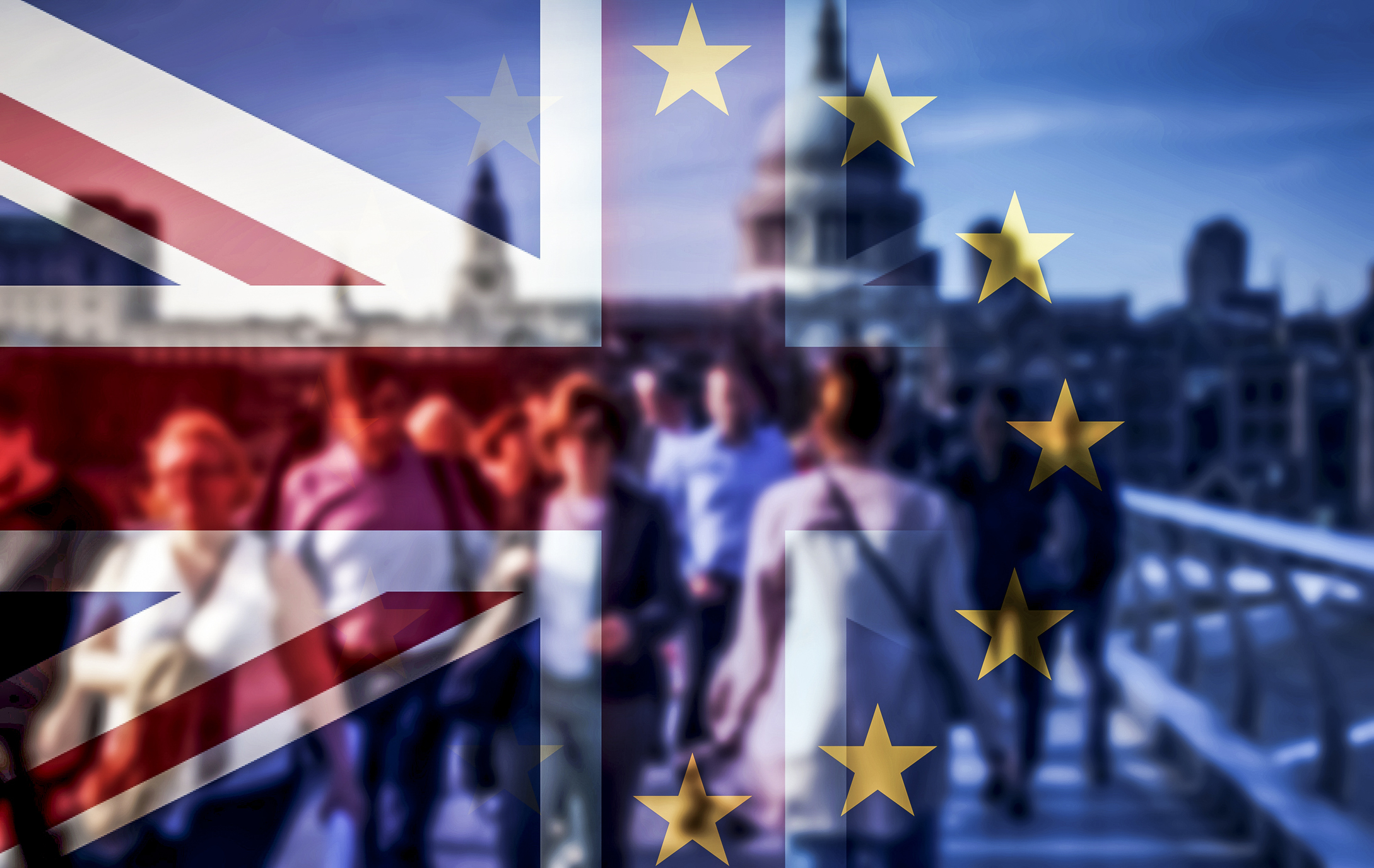Latest blog articles
-
On the 9th of February, the Dutch Supreme Court ruled that forcing suspects to provide access to their smartphone with a fingerprint is not a breach of the privilege against self-incrimination. The case originated from an ex officio appeal ‘in the interest of the law’ in a case of the Court of North...
-
Officially supported export credits are instruments that governments can use to boost or support their exports, either through insurances, loans or guarantees. Most governments provide this support through Export Credit Agencies (ECAs), the first of which were founded in the 1920s (Stephens, 1999).
-
After the initial relief that followed upon reaching a Trade and Cooperation Agreement between the European Union and the United Kingdom on Christmas Eve, we slowly see how this treaty is going to affect the tax domain. In this blog I will briefly focus on the area of fiscal state aid, i.e. the...
-
In her recent book “The Deficit Myth” star economist Stephanie Kelton tells us why economists should not worry too much about sovereign debt and deficits. But is that the same for lawyers? And are all countries truly treated equally?
-
Schumacker is one of the most important cases in EU tax law. It opened the door to many more legal proceedings before the CJEU that tested the limits the Member States’ tax sovereignty against the force of EU law.
-
I teach the introduction to biology course, which is probably one of the first courses that you will take at the MSP. I also coordinate the practical courses, so the first time that you go to the lab, you will encounter me as well. I’m one of the first faces you will see here, and I want you to feel...
-
For me, Problem-Based Learning is about democratising the classroom. It is about realising that everyone has something of value to add (not only the teacher) and that everyone in the room can bring something to the discussion. It is a very productive way to solve problems and to move forward.
-
The very recent ruling of the CJEU in DK (C-653/19 PPU, 28 November 2019) came to verify two quite depressing suspicions about the current status of European criminal law. First, Directive 2016/343 on the presumption of innocence remains an instrument with staggeringly limited applicability...
-
National laws or ‘legal traditions’ are not the main obstacle to realising the ideal of ‘effective legal assistance’ embedded in the EU procedural rights’ Directives. The resistance to realising this ideal originates mainly from the professional cultures of relevant actors, including criminal...
-
There has been much brouhaha about equalization levies in the context of the digital economy. One of the hotly debated issues is whether such levies are covered by tax treaties at all. In this post, I should like to reflect over this issue as objectively as possible. I shall not, however, delve into...









